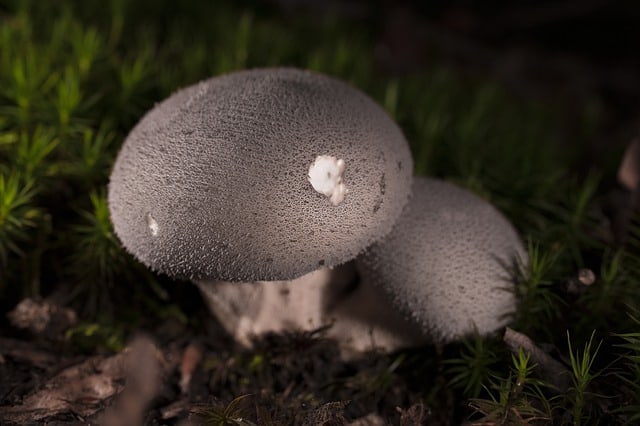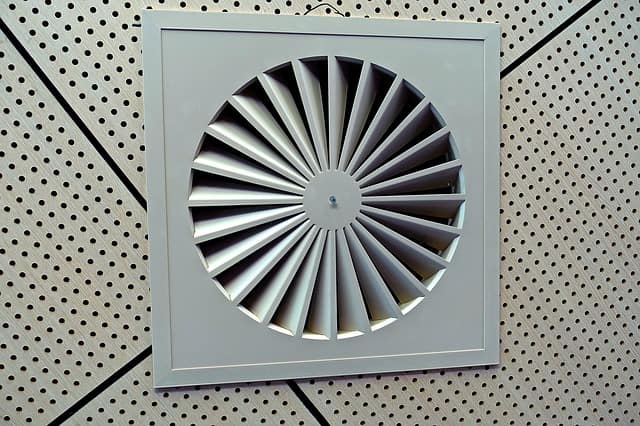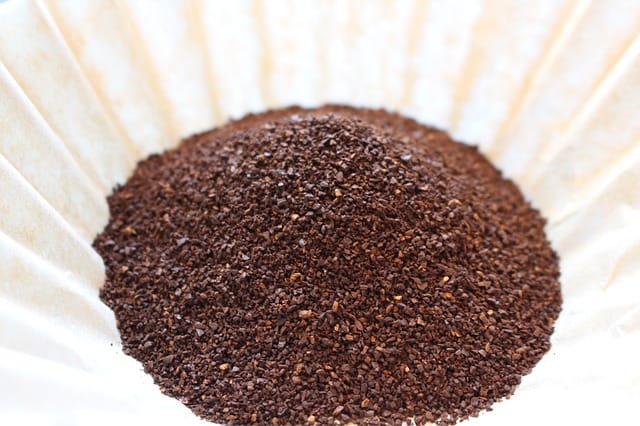You should have your lawnmower serviced at least once a year. Especially at the beginning of the spring months. Before the start of mowing seasons, you should do a general overhaul and check the condition of the air filter, engine, blades, belt, and tires.
Some of the components may need to be replaced or repaired. For oil and engine maintenance, you may need help from professionals and maintenance should be done regularly in each new season.
What Is Included In A Lawn Mower Service?
Lawnmowers should be serviced regularly. The life of your lawnmower will be extended and it will show high performance.
Maintaining your lawnmower once a year will ensure that your machine runs efficiently and lasts longer.
Lawnmower maintain checks usually include::
- Spark plug inspection
- Air filter change
- Testing of all moving parts
- Belt and wheel check and replacement (if necessary)
- Blade check and replacement (if necessary)
- Fuel filter change
- Machine cleaning and polishing
Taking your lawnmower for full service will guarantee that your machine is optimized for the coming season and will extend its lifespan.
You will get an easier and cleaner cut, which means a better-looking and maintained lawn.
How Often Should You Change Your LawnMower Air Filter?
You should change the air filter of your lawnmower once a year before each season starts. However, if you have a large area to maintain or help your neighbors mow their lawns, you should change the air filter twice a year.
New air filters allow up to 300 hours of use with every change. So depending on how much you use your lawnmower will depend on how often the air filter should be changed.
Is it OK to Wash a Lawn Mower?
You can wash your lawnmower, so long as you don’t let water get into its electronics.
Although the electronics of your lawnmower are resistant to water leaks, they may deteriorate if they come into contact with water regularly.
Take care not to let water get into the engine of your lawnmower. After a short washing process with suds, thoroughly wipe the areas with a damp cloth.
After washing, make sure to dry thoroughly with a dry cloth. It’s important to make sure your machine is dry before storing it away for long periods.
Take care not to store your lawnmower in a very hot or humid place, as moisture can damage electrical components.
Can I Wash My Lawn Mower With Pressurized Water?
It is not recommended to wash your lawnmower with pressurized water. Because the electronics of your lawnmower may not be able to handle the pressure of the pressurized water.
Electronic devices can resist water up to a certain degree, but after a while signs of deterioration will begin to appear.
Due to the high pressure it provides, the pressurized water will penetrate into the interior of your lawnmower with force. The force of the pressure could break the machine or the water may reach too far into the mechanism.
This can cause your lawnmower to become inoperable and in need of repair or replacement.
How Do You Clean Under a Riding Lawn Mower?
Cleaning the bottom of a riding lawn mower can be a bit of a challenge due to its weight. They are usually installed with a lever, so you can reach the inside without any heavy lifting.
If you do not have a lever at hand, it will be in your best interest to turn your lawnmower so that it is tilted. Ask someone to help you to avoid injury.
After gaining access to the undercarriage, you can bend down and wash the bottom of your machine with a non-pressure hose.
Start the rinsing process again by wiping it with a detergent solution. Let the solution sit for 15 minutes before wiping away with a damp cloth.
Make sure to use hose water sparingly and without pressure to avoid water getting into the internal mechanism.
Should I Repair or Replace My Lawn Mower?
Repairing your lawnmower requires a certain amount of experience and skill. If you have this knowledge, repairing your lawn mower makes more sense than replacing it with a new one if it is fixable.
If you do not have such a skill, you should leave the job to the professionals. Buying a new lawnmower can be costly, so paying out for repairs may be the most cost-effective option.
Of course, the condition of your lawnmower is also important here. If there are several issues with your machine and extensive repairs must be made, it may be better and more time-efficient to get a new lawnmower.
Usually, problems with your machine’s electronic components cannot be resolved easily, and buying a new machine may be the best solution.
If your machine is prone to breaking often, you will save money in the long run by buying a new lawnmower.
How Do I Winterize My Lawn Mower?
It is very important to protect your lawnmower from harsh winter weather. From autumn onwards, you should take the necessary steps to safely protect your lawnmower.
First of all, if your lawnmower is gas-powered, change the oil and run it for a while. Afterward, balance the fuel by venting the gas, and finally store your lawnmower in a safe dry place, especially free of moisture and humidity.
Non-gas lawn mowers are okay to be stored as-is. It is advisable to cover them with a throw or old blanket to protect them from damp and store it away in a shed or a garage until spring.
Should I Get an Extended Warranty for My Mower?
You should get an extended warranty on your lawnmower to protect against mishaps and malfunctions. The warranty period of your lawnmower is very important and helps protect you from costly repairs.
User errors are generally not covered under a general warranty, so you are not protected if you cause damage to your machine.
Extending the warranty period of your lawnmower will ensure that your machine is repaired in the event of all and any problems.
Hi, I’m John Stephens, chief editor and writer for Totalgardener.com. I’ve been gardening and raising animals for over 15 years starting with a small backyard plot in Northern Virginia where I grew corn, potatoes, squash, and using a high mulch technique called the Ruth Stout Method. I also raised ducks and small mammals for meat and eggs in a movable pen similar to the ones used by Joel Salatin. I later moved to Colorado where I experimented with growing greens using aquaponics inside. I eventually added a microgreens setup and home sprouting operation. I’m excited to share everything I’ve learned plus more from the other local gardening and animal raising experts I know.



